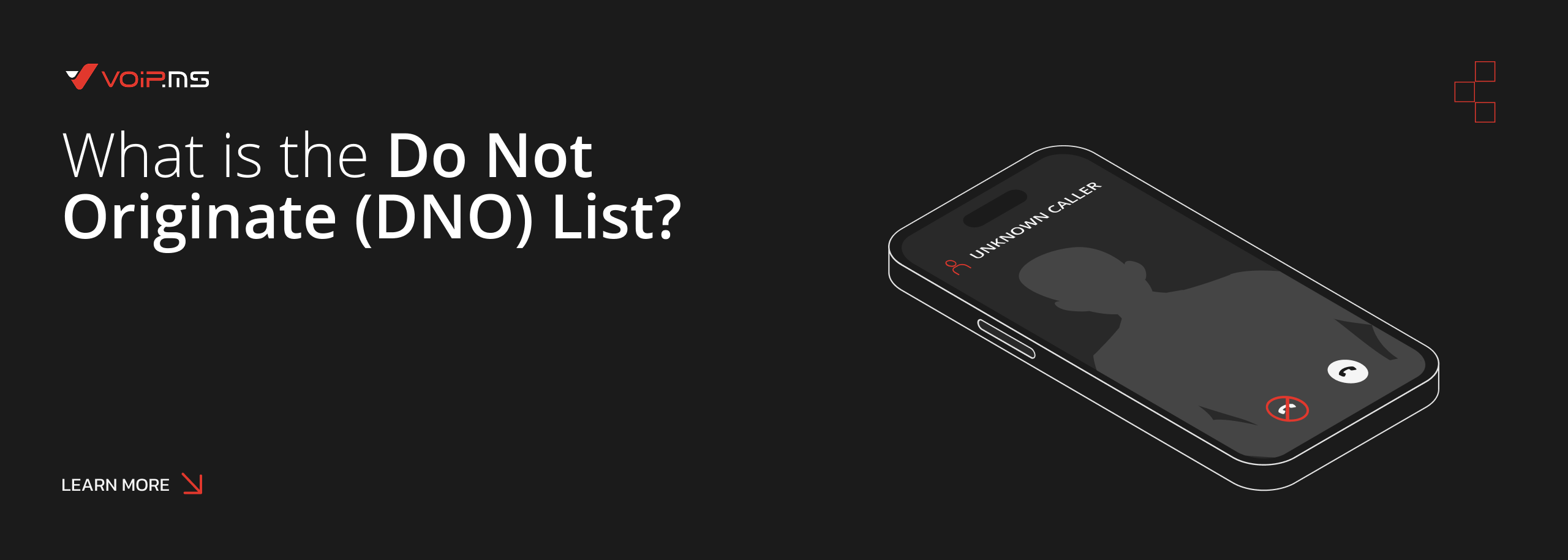How Important Bandwidth is to your VoIP?
6 July 2021In today’s day & age, we expect that everything runs optimally at all time, especifically for essential services like our internet and phone service. When it comes to VoIP, there are some issues that may either be caused by your current provider, but what about your network, your bandwidth, configuration and more?
In this article, we will look into some of the major points as of why Bandwidth is truly important in a VoIP environment.
What is Bandwidth?
The maximum data you can transfer through your internet connection during a specific period of time is called bandwidth. This is different than your data transfer speed because it is the capacity of your network communication. The most common way of measuring is in bps or bits per second. You can do this in kpbs or thousands of bits or mpbs or millions of bits. VoIP or Voice over IP uses a series of codecs to decompress and compress your voice data. A codec enables you to decode a signal or digital data stream. If you are interested in having a telephone system using VoIP, your system must be able to handle it or you will lose quality.
How is VoIP Quality Affected?
The quality of your VoIP can be impacted by your internet speed. If your business relies on your internet speed heavily, you may already know a high-speed connection is essential for clear VoIP resulting in high-quality calls through your VoIP phone system. What you may not realize is the importance of your network bandwidth. If you do not have enough, your VoIP will not be usable. Even if your Voice over IP is clear, it can be impacted due to traffic spikes within your network. The result can be a noticeable drop in sound quality often causing static. There is also the possibility your calls may drop completely.
If you are currently experiencing voice quality issue, hake a look at the following article and do not hesitate to reach our technical team to gain further assistance.
Network Parameters
If you are part of a shared network, your VoIP voice quality can be affected. When the load of your network is too heavy, your voice quality can decrease. Your best option is to give voice packets a much higher priority. This will make certain voice packets are transferred first by your network. When it comes to voice quality, you also need to consider your call setup rate, success ratio and set-up times. The protocol of your network will also affect your voice calls.
Slow Internet Connection
The quality of your VoIP calls will be significantly affected by the speed of your internet connection. You will be unable to receive good voice quality if you are using either a shared network or a dial-up connection. The majority of broadband connections work extremely well with the technology necessary for VoIP.

Codec
You must have an audio codec when using VoIP technology to compress audio signals. This is also essential to decompress audio signals on your receiver end. The majority of audio codes currently available are fairly standard. Keep in mind your VoIP provider provides you with a proprietary code as well. Some of the most well-known codes include G.711u and G.729a.
Your VoIP voice quality is significantly impacted by your audio codec. Your audio codec compression factor determines the voice data size you can transmit through your network. If you have a high compression rate, very little data will need to be transmitted, but your voice quality will deteriorate. This is the reason the majority of audio codecs offer a compression rate of 8Kpbs, 6.4 Kpbs or 5.3 Kpbs.
You will only use these bitrates for voice. Protocol overheads have also been added. This means the rate of your actual bit will always be higher. You will have a digitizing delay between all of your transmissions because of your audio codec. Your data is first compressed by the algorithm prior to being sent to your receiver. Once this is accomplished, your data is decompressed at your receiver end.
When an audio codec requires a complex algorithm, additional CPU resources are necessary. The voice quality you experience on your calls can be affected by this algorithm.
For more information about codecs, have a look at the following blog.
Voice Packet Loss
Do not be surprised when some voice packets are lost in your network because this happens automatically. There are numerous reasons such as excessive collisions, media errors and overloaded links. You can recover lost audio packets with many different protocols including TCP. You will be unable to recover lost packets if you use specific protocols such as UDP.
Network Latency
If there is a lengthy distance between the sender and receiver, the result is often latency. This often occurs when network conditions are weak. When the distance from the receiver increases, so does the latency. Latency is also dependent on how many routers your packet must visit prior to reaching the final destination.
Your delay time can also increase due to audio codecs. Time is necessary for the execution due to the complexity of the algorithms. You can be assured of clear calls when your network latency is under 150 ms and remaining stable. As long as there will be little to not variation with your latency, calls will remain crystal clear.
Echo
In Voice over IP technology, IP media is converted into analog or digital signals. To accomplish this, your network will introduce an echo. The two different kinds of echo are Hybrid echo and Acoustic echo. Containing and monitoring an echo is extremely difficult. Your best option is to find a provider offering echo cancellation modules. This is a good method to decrease the echo you have in your network.
Outdated Equipment
The quality of your VoIP calls will be impacted if your equipment is outdated. You will need to make an investment in the right routers, firewalls and cable modems. Your voice quality can also be affected by the frequency of your phone calls. You will receive better voice quality by using lower frequency phones. The router you decide to use must support a firewall, audio codecs and echo cancellation.
The majority of smaller businesses use an internet connection for both data and voice. This means priority must be given by the router to VoIP traffic. Otherwise, your call quality can degrade when just one user downloads a large file. You can solve this issue by purchasing a fairly cheap specialized VoIP router.
In Conclusion
With all the previous mentioned in relation to codec, equipment, your network, an issue may unfortunately be out of both parties control due to an intermitent issue with your internet provider. As long as your network has been configured with QOS (Quality of Service) priorizing your VoIP communication, the right codec and a good bandwidth, your communications will remain crystal clear while remaining cheaper than any PSTN provider.
If you have any doubts or questions, do not hesitate to contact our technical team via live chat or via ticket at [email protected] and our team can help you to review your configuration in detail and understand if bandwidth is affecting your communication.
Share:
Back to Blog





